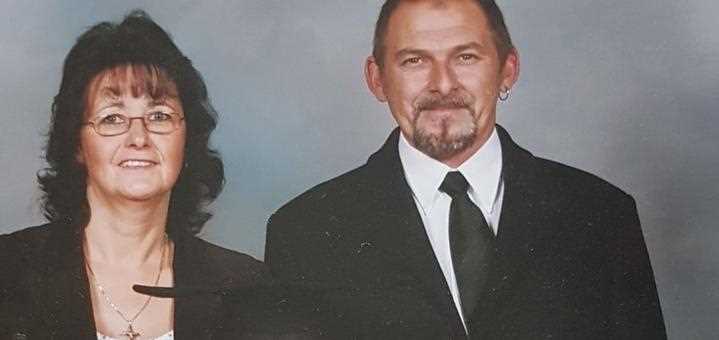Succession planning has long been a headache for family-owned businesses.
Rachel Baseley, associate in the private client team, looks at the option of trusts to solve the issue.
“Statistics show that only around a third of businesses survive the transfer from one generation to the next, with the rest being sold or wound up, rather than continuing as a going concern.
“While the founder of the company will have been dedicated to the business since its inception, there is no guarantee future generations will be too.
“For many years, trusts have been used to solve some of these issues. Simply put, a trust is a device which enables the legal control of an asset to be separated from the beneficial ownership.
“So, for example, if A holds some shares on trust for B, A would be named as the legal owner on the share certificate and would hold the voting rights attached to the shares, while B would be entitled to receive and dividends and the sale proceeds if the shares were sold.
“The separation of ownership and control can be particularly useful in the context of succession-planning.
“For example, a company founder may wish to give away part of his share-holding as part of an inheritance tax planning exercise, but might feel that his children are not sufficiently mature to have a say in the running of the business.
“He could place some shares in a trust for the benefit of his children and appoint himself and a trusted third party as trustees. This would mean that the shares would have been given away for tax planning purposes, but that he would still retain an element of control over voting etc because he was a trustee.”
More sophisticated trust structures can be useful when there is a concern over a child’s marital status or financial situation – assets held within certain kinds of trust are less easily accessible by a divorcing spouse or a trustee in bankruptcy.
Trusts can also be used where a business owner has more than one family and wishes to balance providing for his spouse with looking after the children of his first marriage.
The tax treatment of trusts is complex and placing assets into trust may trigger unexpected tax liabilities. For this reason, professional advice based on your own specific circumstances should always be taken before establishing any kind of trust.
For advice on trusts contact Rachel Baseley at [email protected] or on 0114 266 6660.



